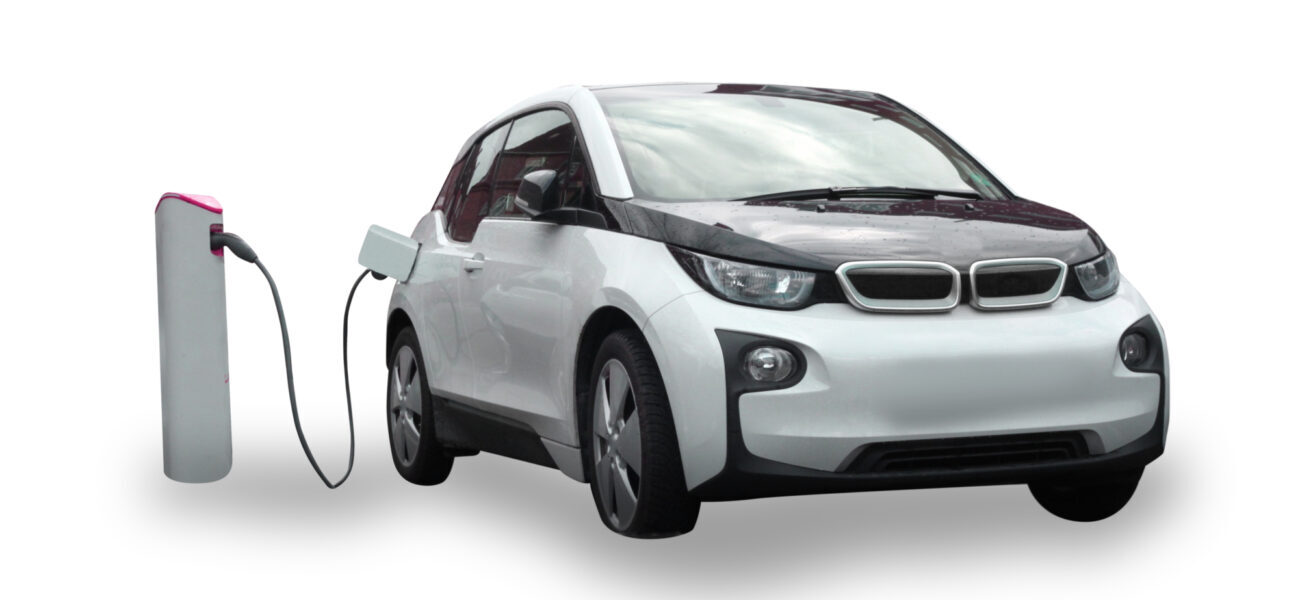Batteries have a central role in the green transition and the electrification of society, both in Norway and globally. In the transport sector, both on land and at sea, large quantities of lithium batteries will be replaced in the years to come.
- Reuse and recycling of such batteries are therefore essential to make production more sustainable and reduce the emissions of CO₂ associated with production. Lithium is also a scarce resource that is both very expensive and resource-intensive to extract, says Geir Nævdal, researcher at NORCE and project manager for this new battery project.
The project is a collaboration between researchers in NORCE and the Institute for Energy Technology (IFE) and the companies AS Batteriretur, Corvus Energy AS, Hydro Energy AS, and Repack AS. The project is funded by the Regional Research Fund Vestland.
Complex to recycle
The lithium batteries used in electric cars and in a maritime context are completely different from traditional starter batteries. These are large high-energy propulsion batteries that have many more cells, completely different chemistry, and much more energy packed into them, they can weigh up to several hundred kilos and are complex to recycle. Electric car batteries are considered ready for replacement at 80% of original capacity, but usable battery cells and modules may still have a potential for further use in new applications.
- A challenge when reusing batteries is that there is a lack of good and accurate methods for determining the health status of the batteries, says Nævdal.
Small and thin battery cells have previously been examined with ultrasound, while ultrasound examinations of cells and modules for high-energy propulsion batteries are something new and original.


